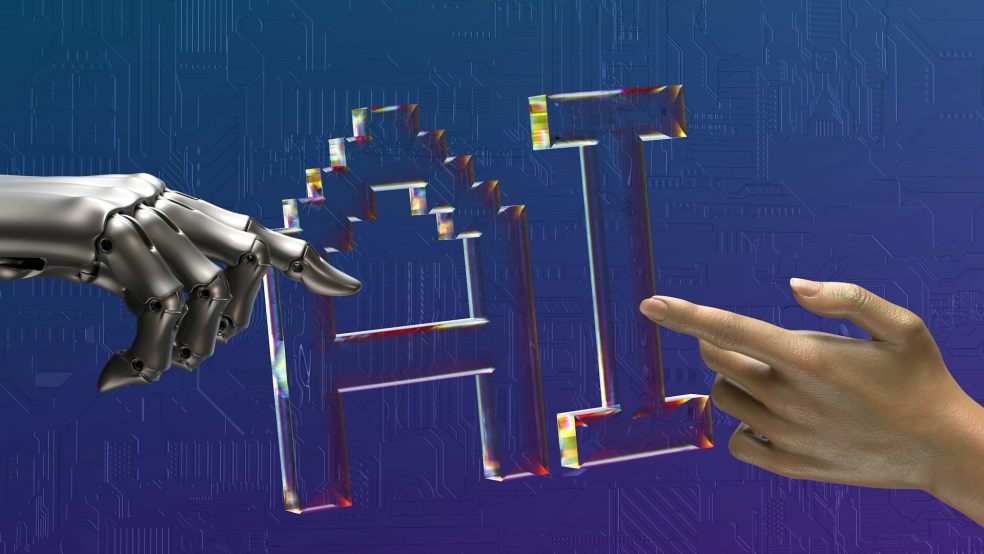
The Potential Benefits and Risks of Agentic AI Technologies
In recent years, the rapid advancement of artificial intelligence (AI) has propelled the development of agentic AI technologies, which are designed to perform tasks autonomously and adaptively. These technologies have immense potential to transform a variety of sectors, from healthcare and finance to transportation and entertainment. However, as with any powerful tool, there are both promising benefits and significant risks associated with their deployment. Understanding these aspects is crucial for leveraging agentic AI effectively while mitigating its potential downsides.
Understanding Agentic AI Technologies
Agentic AI refers to systems capable of making decisions and taking actions independently, often in complex and dynamic environments. Unlike traditional AI systems that follow predefined rules and require constant human input, agentic AI can learn from its experiences and adapt its behavior accordingly. This adaptability is achieved through advanced machine learning algorithms, deep neural networks, and reinforcement learning techniques.
These systems can range from simple automated chatbots to sophisticated autonomous vehicles. They are designed to perceive their environment, process information, and make decisions without direct human intervention, thereby enhancing efficiency and productivity across various domains.
The Benefits of Agentic AI
Enhancing Efficiency and Productivity
One of the most significant advantages of agentic AI is its potential to enhance efficiency and productivity in numerous industries. By automating routine tasks, these systems can free up human workers to focus on more complex and creative endeavors. For example, in manufacturing, agentic AI can optimize production lines, reduce waste, and improve precision, resulting in cost savings and higher output.
In the financial sector, agentic AI can analyze vast amounts of data in real time, identifying trends and patterns that might be missed by human analysts. This capability allows for more informed decision-making and risk management, ultimately leading to better financial outcomes.
Revolutionizing Healthcare
Agentic AI holds the promise of revolutionizing healthcare by improving diagnostics, treatment plans, and patient care. AI-driven systems can analyze medical images with remarkable accuracy, often surpassing human radiologists in detecting anomalies. Furthermore, agentic AI can personalize treatment plans by considering a patient's unique genetic makeup, lifestyle, and medical history, leading to more effective and targeted therapies.
In addition, autonomous systems can assist in managing hospital logistics, optimizing resource allocation, and ensuring that medical supplies are efficiently distributed, ultimately enhancing the overall quality of care provided to patients.
Advancing Autonomous Transportation
The transportation industry stands to benefit significantly from agentic AI technologies, particularly in the realm of autonomous vehicles. Self-driving cars have the potential to reduce traffic accidents, alleviate congestion, and improve fuel efficiency. By eliminating human error, which is responsible for the majority of traffic incidents, autonomous vehicles can create safer roadways.
Moreover, agentic AI can enhance public transportation systems by optimizing routes and schedules based on real-time data, improving reliability and accessibility for commuters.
The Risks of Agentic AI
Ethical and Privacy Concerns
Despite their potential benefits, agentic AI technologies raise important ethical and privacy concerns. As these systems become more autonomous, questions arise about accountability and decision-making. For instance, in the event of an accident involving an autonomous vehicle, determining liability can be challenging. Additionally, the use of AI in surveillance and data collection poses significant privacy risks, as individuals may be monitored without their consent.
To address these concerns, it is crucial to establish clear ethical guidelines and regulatory frameworks that ensure transparency, accountability, and the protection of individual rights.
Security Vulnerabilities
Agentic AI systems, like any other technology, are vulnerable to cyberattacks and malicious exploitation. Hackers could potentially manipulate these systems to perform unintended actions or to gain unauthorized access to sensitive information. In critical sectors such as healthcare and finance, the consequences of such breaches could be catastrophic.
To mitigate these risks, robust security measures must be implemented, including encryption, regular software updates, and comprehensive threat assessments. Additionally, fostering collaboration between AI developers, cybersecurity experts, and policymakers is essential to create resilient systems.
Unemployment and Economic Disruption
The widespread adoption of agentic AI technologies could lead to significant economic disruptions, particularly in the labor market. As machines take over tasks traditionally performed by humans, there is a risk of job displacement and increased unemployment. While new job opportunities may emerge in AI development and maintenance, the transition could be challenging for those whose skills do not align with these new roles.
To address this issue, it is crucial to invest in education and reskilling programs that equip workers with the necessary skills to thrive in an AI-driven economy. Governments and organizations must collaborate to develop policies that support workers during this transition and ensure that the benefits of agentic AI are distributed equitably.
Conclusion
Agentic AI technologies offer tremendous potential to enhance efficiency, revolutionize industries, and improve the quality of life. However, they also present significant risks that must be carefully managed. By understanding and addressing the ethical, privacy, security, and economic challenges associated with these technologies, society can harness the power of agentic AI to create a more prosperous and equitable future. As we continue to innovate and integrate AI into our lives, a balanced approach that prioritizes both progress and protection will be essential.

















